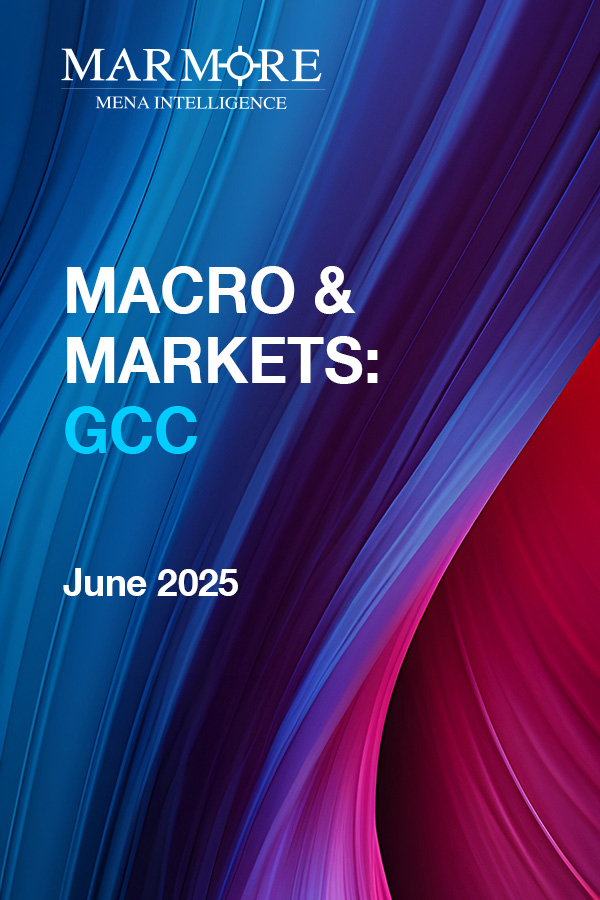Executive Summary
The performance of GCC markets was mixed during the month, with Saudi Arabia registering a sharp decline, while Dubai markets continued to rally. Positive global cues failed the lift Saudi markets, which were down due to weak earnings from a few blue-chip companies and continued pressure from declining oil prices. Global investors and active fund managers remain underweight in GCC countries within the emerging market space despite some of the inherent advantages of the GCC region relative to their emerging market peers. High reserves, stable currency, energy security, a young demographic structure bode well for the region, which is putting efforts to diversify its economy and implement structural reforms to improve the business environment. The view that GCC region is a provider of capital rather than a seeker of capital, and the narrow sectoral representation of their stock markets could be some reasons that could be holding back the GCC region. GCC economies subsidize electricity, water and petrol and provide employment in the government for its citizens apart from providing housing and other amenities. This is premised on welfare economics and is structured to distribute wealth in a rentier economy model. Given the range of ongoing reforms, it is only a matter of time when such economic imbalances are corrected. Fund managers with a long-term perspective could do well by staying overweight on GCC equities, as advantages far outweigh the risks. The GCC region will soon command a premium.

